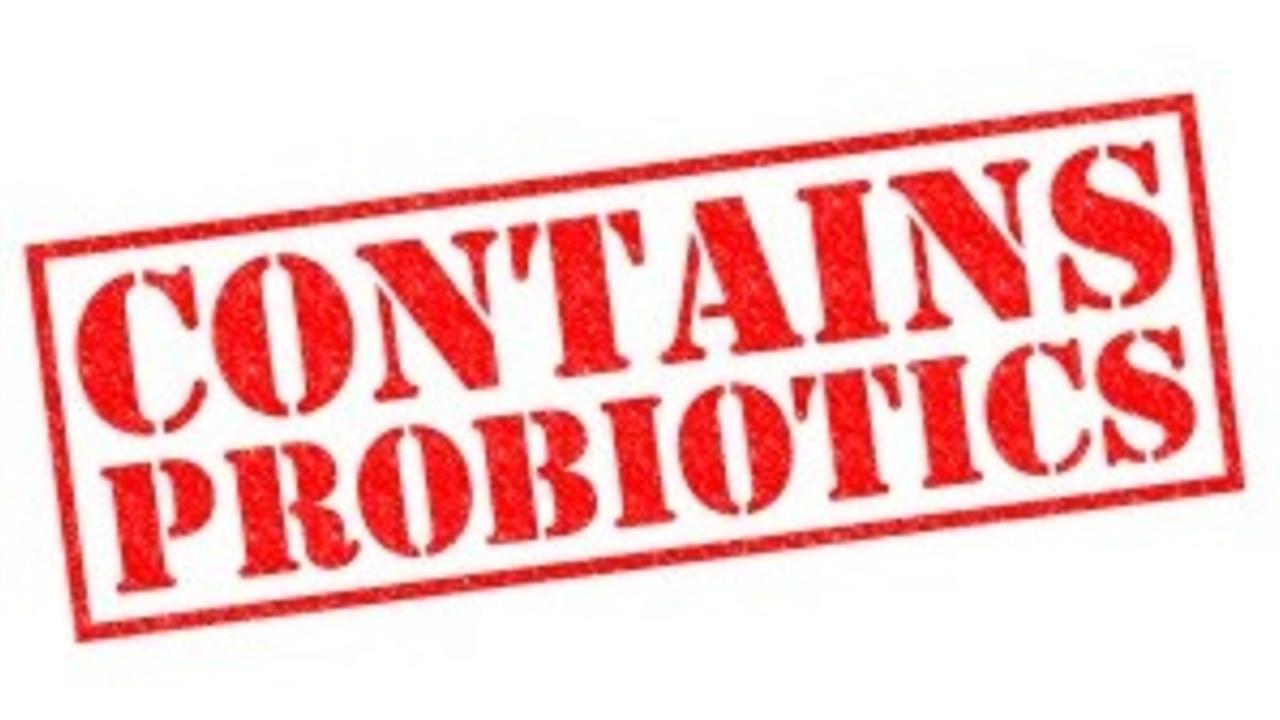Does Everyone Need Probiotics?

Every time a new patient comes in, I take a thorough history and ask them the medications and supplements that they are currently taking. It is shocking how many people are taking probiotics these days. 15 years ago when I started studying health and wellness, most people would look at me like I was crazy if I mentioned that they might need to take a supplement of bacteria (probiotic).
I still find it funny that people will buy their yogurt because it has the “good probiotics” in it and will at the same time be loading up on hand sanitizer and antibacterial soap because they are a “germaphobe."
The question is, does everyone need probiotics? We have previously talked about how the microbiome or balance of bacteria in and on your body affects your health. However, today we need to look at if the supplementation of particular strains of bacteria change your health.
Personally and clinically, I have only seen significant results with the supplementation of Lactobacillus be beneficially in infants. I have never seen them alter the health of a reasonably healthy adult. My theory as to why the major difference is because, after infancy, when the baby starts to eat solid foods we start producing stomach acid. This acid does several things; it aids in the breakdown and digestion of proteins, the signaling of the rest of the digestive tract what to do next.
Meaning eats a protein meal then you need to activate the gallbladder and proteases and lipase's (protein and fat digesters) or amylases (sugar digesters) if you eat sugar or starch-based meal. However, most importantly the stomach acid is protective from foodborne bacteria, which means that it should kill and destroy the potentially harmful bacteria in and on our food.
Why is this important when we are talking about probiotics? Well, those probiotics are live cultures of bacteria that hopefully will colonize your intestine changing the environment to a more natural and healthy place. If your stomach is doing what it is designed to do then, there is no way for the probiotic to make it to the intestine to do the colonization. The natural counter-argument is how or why are there so many people that have great results with probiotic supplementation?
My theory is that either they have decreased stomach acid or it is possible that the building blocks of the bacteria in the probiotic make it through and feed the good bacteria already present in our gut.
The next question that I have about probiotics is, are they the best strains of bacteria for our gut? Probably not, in all honesty, those bacteria are all “dairy” or lactose based bacteria, and most of us do not need any more of those in our lives. There are a few soil based bacteria probiotics out there, but I have not found one that I like with reproducible results yet. What I recommend instead of taking a supplement of probiotics is that my patients eat naturally fermented foods.
Things like sauerkraut, a natural kombucha, kimchi, or other traditional foods that are made with naturally occurring live bacteria. The benefit from these traditional foods has all of the building blocks for the growth and nursing of the good bacteria already present in our guts.
So personally, I don’t think people should be supplementing a probiotic on a daily basis. If you avoid starches and sugars while eating naturally fermented foods, you will rework and remold the bacterial environment in your intestine.
Stay connected with news and updates!
Join our mailing list to receive the latest news and updates from our team.
Don't worry, your information will not be shared.

